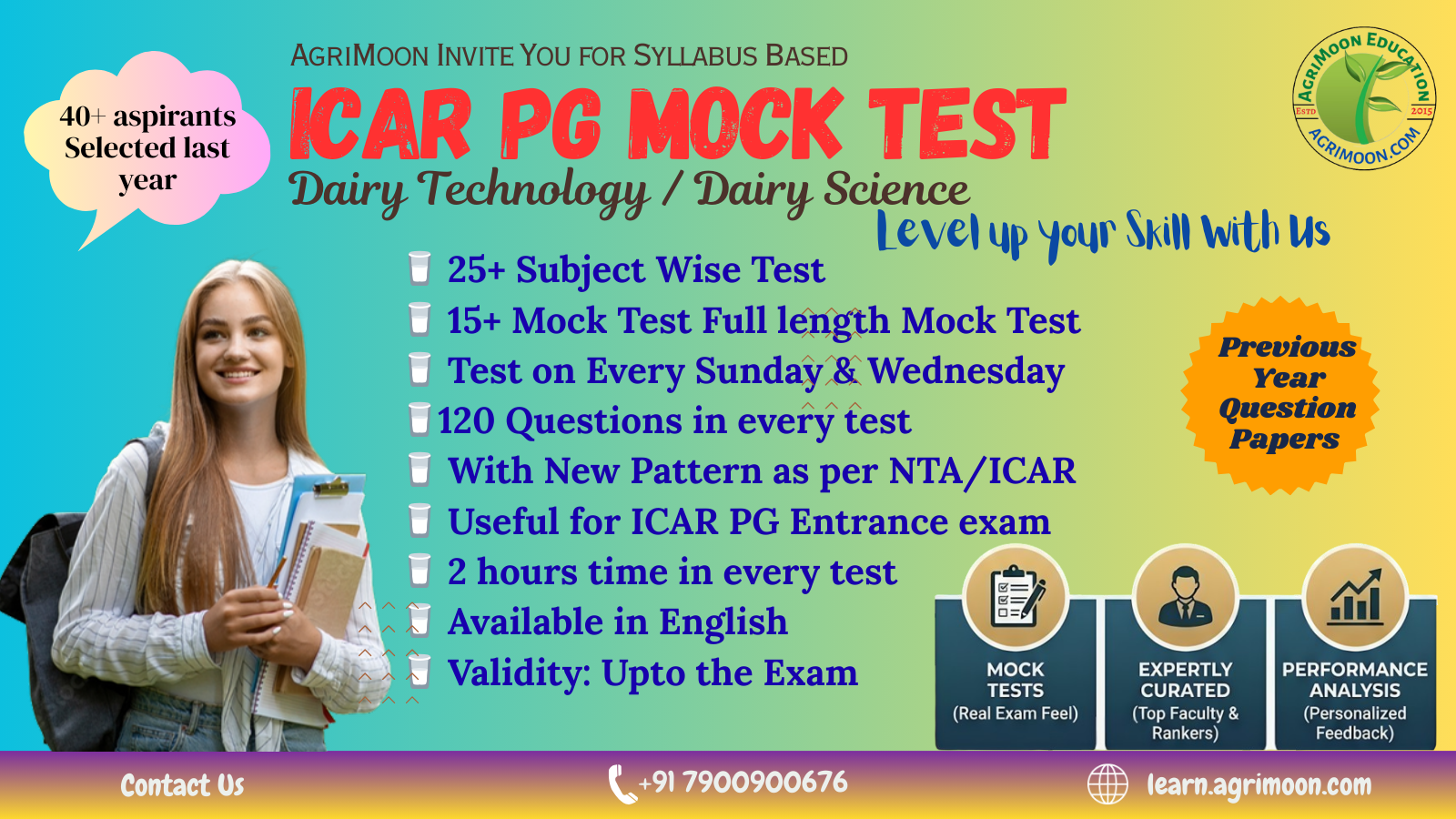The Department of Botany at Punjab Agricultural University (PAU), Ludhiana, recently hosted an informative session by Tejinder Singh, a bright alumnus poised to join the NASA Goddard Space Flight Center, Maryland, USA, as a CRESST Research Assistant in January 2025….
The Department of Botany at Punjab Agricultural University (PAU), Ludhiana, recently hosted an informative session by Tejinder Singh, a bright alumnus poised to join the NASA Goddard Space Flight Center, Maryland, USA, as a CRESST Research Assistant in January 2025. His talk, titled “What Desert Lichens and Cyanobacteria Can Tell Us About Mars and Beyond,” captivated the audience with novel insights into his MS research conducted at the University of Nevada, Las Vegas, and the Desert Research Institute.
Tejinder elaborated on the role of microbial communities, such as lichens and cyanobacteria, in desert ecosystems and their implications for understanding alien life on Martian and exoplanetary surfaces. He emphasised the significance of multidisciplinary collaborations and robust scientific networking, crediting these factors as transformative in his academic journey. The highlight of his address was his visionary assertion that PAU could someday pioneer the cultivation of crops on Martian soil, an idea that resonated deeply with the audience.
The Department of Botany at Punjab Agricultural University (PAU), Ludhiana, recently hosted an informative session by Tejinder Singh, a bright alumnus poised to join the NASA Goddard Space Flight Center, Maryland, USA, as a CRESST Research Assistant in January 2025. His talk, titled “What Desert Lichens and Cyanobacteria Can Tell Us About Mars and Beyond,” captivated the audience with novel insights into his MS research conducted at the University of Nevada, Las Vegas, and the Desert Research Institute.
Tejinder elaborated on the role of microbial communities, such as lichens and cyanobacteria, in desert ecosystems and their implications for understanding alien life on Martian and exoplanetary surfaces. He emphasised the significance of multidisciplinary collaborations and robust scientific networking, crediting these factors as transformative in his academic journey. The highlight of his address was his visionary assertion that PAU could someday pioneer the cultivation of crops on Martian soil, an idea that resonated deeply with the audience.
Vice-Chancellor Dr Satbir Singh Gosal congratulated Tejinder on his accomplishments and underscored the critical role of collaboration in driving cutting-edge research and also proposed innovative initiatives, such as sending plants to the International Space Station for mutation breeding experiments, positioning the PAU as a potential leader in space-agriculture studies etc.
Dr Kiran Bains, Dean, College of Basic Sciences and Humanities, praised the speaker’s achievements and reiterated the importance of interdisciplinary collaborations. She urged young faculty members to actively engage in national and international conferences, enhancing their research exposure and expanding their professional networks. The event left the audience inspired to push the boundaries of traditional research and explore uncharted territories in science and agriculture.
If you want share any News related Agriculture with us than send at info@agrimoon.com with your contact detail.


